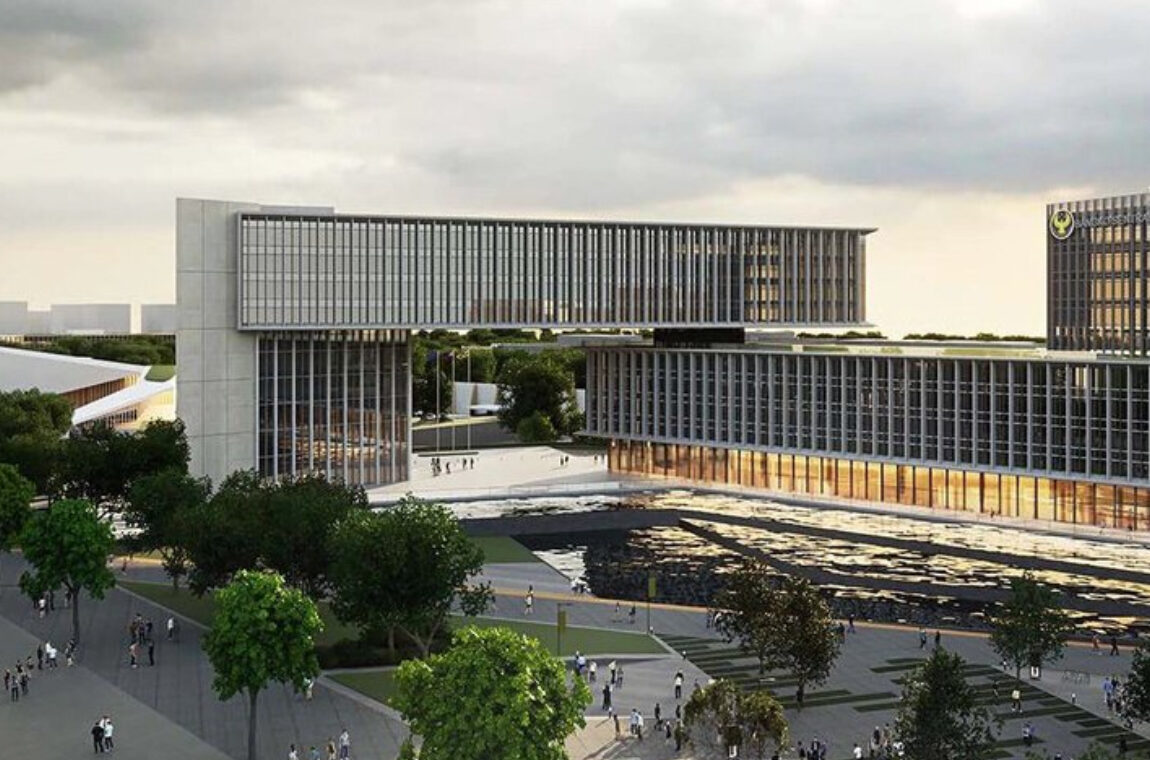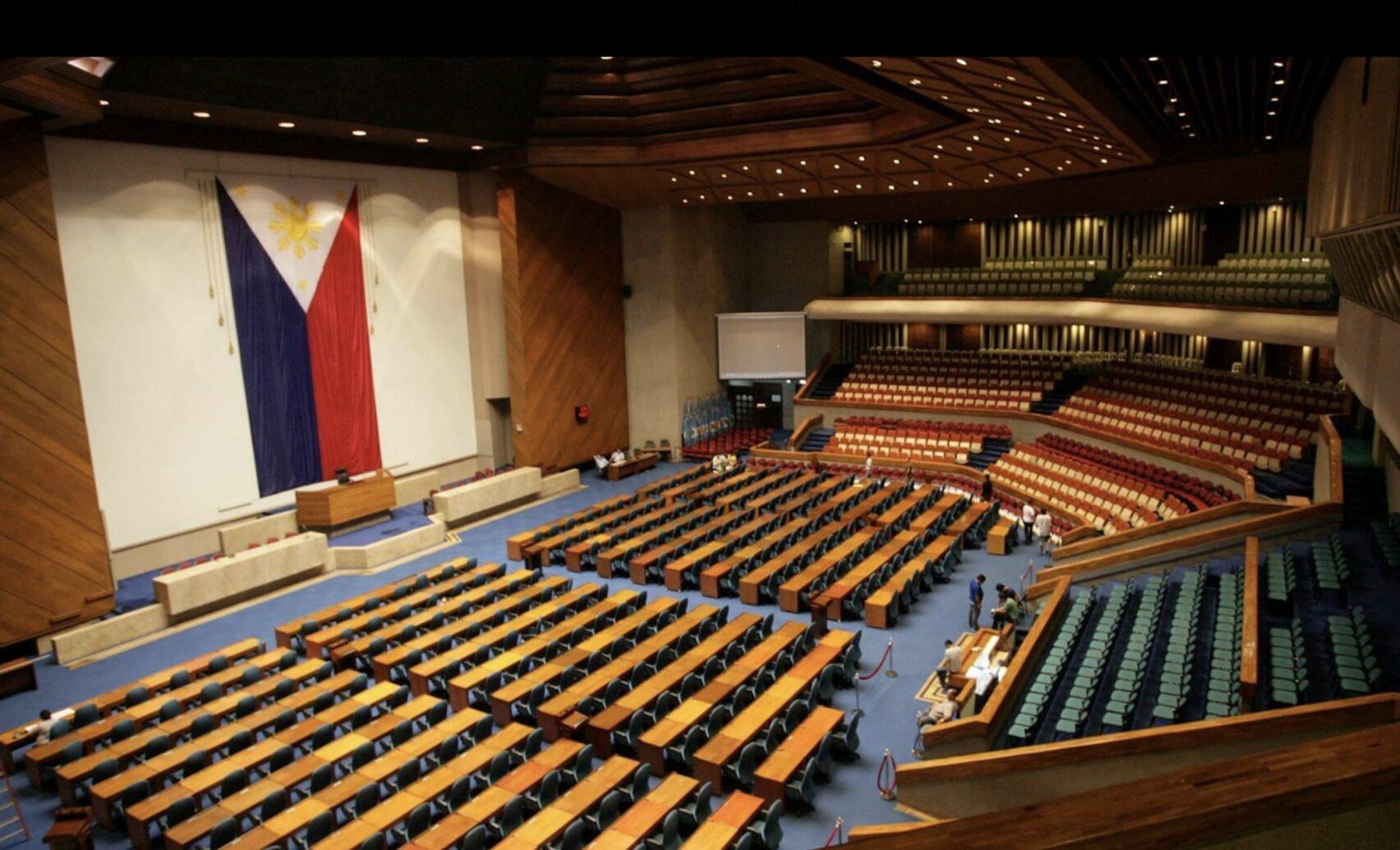LOS ANGELES – Foreign Affairs Committee Chairman Rep. Ed Royce (R-CA) has been continuing to raise awareness for an issue that has often been overlooked: land grabbing in the Philippines. In a recent letter he signed on Oct. 9, Royce firmly addressed the issue and his full support to continue fighting to end the injustice.
“Land grabbing is an injustice that hinders the Philippines’ economic growth in local areas,” he wrote. “Land grabbing must be stopped, and I’ve raised this issue with the United States Agency of International Development (USAID) to increase their focus on strengthening the rule of law and property rights in the Philippines.”
Last week, Royce said, the USAID renewed its dedication to combatting land grabbing in the Philippines and will work with the Philippine Department of Environment and Natural Resources and local city governments to “develop capacity to enhance land tenure and access rights” in the short term.
USAID also plans to work with the Leyte city government to improve land restoration efforts and ownership records damaged by Typhoon Haiyan.
In the longer-term, the USAID will continue to help improve land planning and zoning to secure land and access rights, Royce confirmed. The USAID’s Judicial Strengthening to Improve Court Effectiveness (JUSTICE) project will also support work to expand the use of alternative dispute resolution, to help resolve land disputes.
In April, the congressman initially brought up the land grabbing issue with members of Congress and USAID at a House Foreign Affairs Full Committee hearing on US Foreign Assistance. Questioning USAID Administrator Rajiv Shah, Royce pointed out that the lack of land rights in developing nations like the Philippines acts as “a significant barrier to sustainable development and long-term goals.”
Royce, a longtime advocate of property rights and justice against land grabbing around the world, pointed out examples of other developing countries with political and social instability due to land grabbing Issues and corruption.
He asked Shah what the USAID has done or is doing to address the prevalent worldwide issue, such as urging governments to end the corrupt practice. “Even Philippine anti-corruption officials admit that land grabbing is an ongoing tragedy in the country,” he said. “With all of the assistance and funding that we’re providing to Manila, Isn’t it time that the USAID and the administration focus on the issue, given what’s at stake?”
In response to Royce’s push, Shah and the USAID have promised to “commit to Financial Year resources” to help the Philippine government address ongoing problems of corruption and land grabbing.
“Enforcement, community policing, and working with local communities would help address this challenge,” Shah said. “The power of respecting property rights, providing title, and giving people the basis to seek financing to Invest in their own future is an extraordinarily powerful strategy to reduce poverty…I’m thrilled that we’re working on this.”
Congress plays a crucial role in the success of the USAID and Rep. Royce’s joint efforts.
“Rest assured that I will continue to engage with the USAID to ensure that the practice of land grabbing is eventually eradicated in the Philippines,” Royce wrote. “I’ve visited the Philippines multiple times during my tenure in Congress, and look forward to visiting the country again soon.”
(www.asianjournal.com)
(LA Midweek October 22-24, 2014 Sec. A pg.1)






